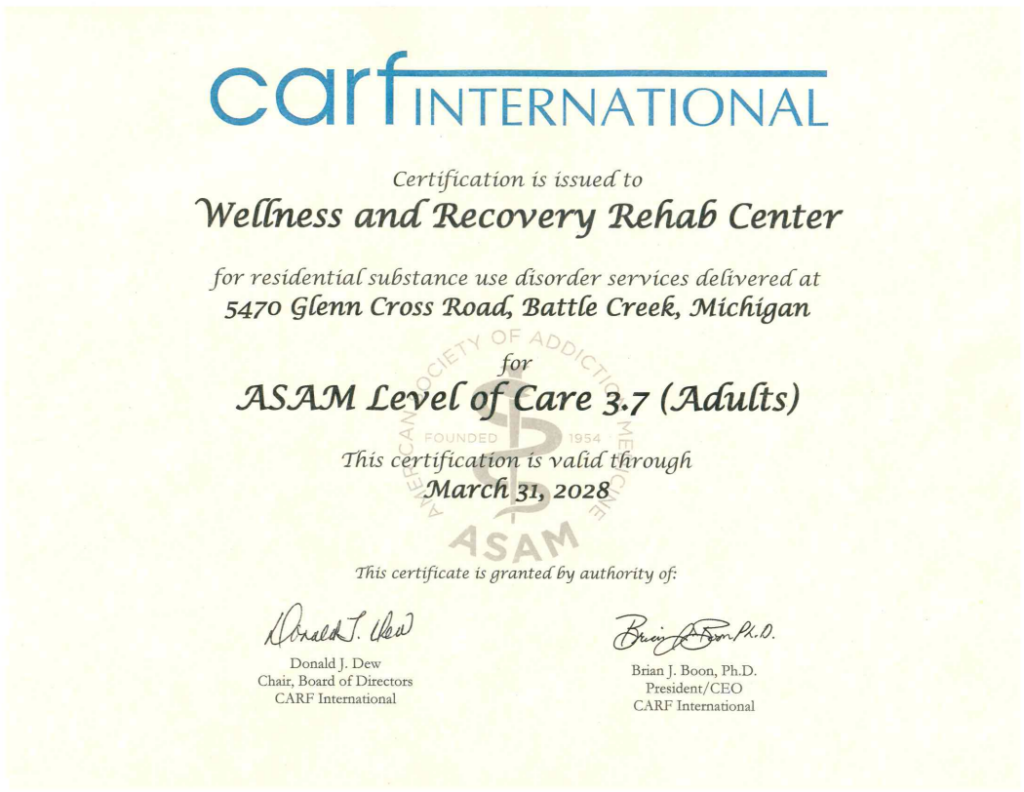Mental health stigma consists of the negative attitudes, beliefs, and behaviors that society holds toward people with mental health conditions. It’s rooted in misunderstanding, fear, and stereotypes, and it can have a devastating impact on those who experience it.
Stigma creates barriers to treatment, isolates individuals, and can even worsen mental health conditions.
There are three main types of mental health stigma, including:
Stigma also isolates individuals, often making them feel like they’re the only ones struggling. This isolation can lead to feelings of shame, guilt, and hopelessness, further deepening the cycle.
Self-stigma can lead to feelings of worthlessness or self-doubt. You may think, “I should be able to handle this on my own,” or “I’m broken.”
Stigma can make people feel like they’re alone in their struggles. They may withdraw from friends, family, and social activities to avoid judgment or awkward conversations.
By recognizing and addressing the various forms of stigma, we can create a more supportive and understanding environment for those struggling with mental health challenges.
Coping with mental health stigma isn’t easy, but it’s possible. By challenging misconceptions, fostering open conversations, and advocating for systemic change, Wellness and Recovery works hard to create a world where mental health is treated with the same care and compassion as physical health.
One of the most powerful tools for combating stigma is education. Many misconceptions about mental health stem from a lack of understanding. By learning about mental health conditions, their causes, and their treatments, we can challenge harmful stereotypes and reduce stigma.
For example, did you know that mental health conditions are often caused by a combination of genetic, biological, and environmental factors? They are not a sign of weakness or a character flaw.
Education helps us see mental health conditions for what they are: medical conditions that deserve treatment and support.
Talking openly about mental health is another powerful way to break down stigma. When we share our experiences, we normalize seeking help and show others that they’re not alone. Open conversations can also help dispel myths and reduce fear.
If you’re coping with mental health challenges, consider sharing your story with someone you trust. You might be surprised by how many people have similar experiences.
And if you’re not ready to share, that’s okay too. Simply listening to others can help reduce stigma and create a more supportive environment.
Self-stigma can be one of the hardest parts of coping with mental health challenges. It’s easy to internalize societal judgments and feel like you’re not good enough. Self-acceptance is key to breaking free from this cycle.
Start by challenging negative thoughts. When you catch yourself thinking, “I’m weak for feeling this way,” remind yourself that mental health conditions are not a reflection of your worth. You are not your diagnosis, and seeking help is a sign of strength, not weakness.
While individual efforts are important, systemic change is also needed to fully address coping with mental health stigma.
By working together, we can create a society where mental health is treated with the same importance as physical health. And at Wellness and Recovery, we’re committed to being part of that change.
Coping with mental health challenges is easier with the right support. Professional treatment can help you manage symptoms, develop coping strategies, and rebuild your life.
At Wellness and Recovery, we offer a range of evidence-based therapies designed to meet your unique needs, such as:
By challenging negative beliefs and developing healthier thought patterns, CBT can help you regain control over your mental health.
DBT is another effective therapy, especially for those coping with emotional regulation challenges. It combines cognitive-behavioral techniques with mindfulness practices, helping individuals manage intense emotions and improve relationships.
DBT can be particularly helpful for those who feel overwhelmed by self-stigma or societal judgment.
These groups can be especially helpful for reducing the isolation that often comes with mental health stigma.
For some individuals, medication is an important part of mental health treatment. At Wellness and Recovery, we offer medication management as part of our comprehensive care plans.
Our team works closely with you to find the right medication and dosage, ensuring that your treatment is tailored to your needs.
A support system provides emotional comfort, practical help, and a sense of belonging, all of which are essential for healing when coping with mental health.
Whether it’s family, friends, or a therapist, having people who believe in you and support your journey is crucial.
If you’re struggling to find supportive people in your life, there are resources and communities ready to help.
Supportive relationships are like a safety net when you’re coping with mental health challenges. They remind you that you’re not alone and that it’s okay to ask for help. Here’s why these relationships matter:
If you’re struggling to find supportive people in your life, consider joining a mental health support group. These groups offer a safe space to connect with others who understand what you’re going through.
Here’s why they can be so helpful:
At Wellness and Recovery, we’re committed to providing a stigma-free environment where you can focus on healing. Our Battle Creek, Michigan team understands the challenges of coping with mental health stigma, and we’re here to support you every step of the way.
Here’s what sets us apart:
Coping with mental health challenges is hard enough without the added weight of stigma. Here’s the good news: you don’t have to face it alone. With the right support and professional guidance, you can overcome stigma and reclaim your life.
When coping with mental health struggles, having a holistic approach can greatly help the healing process. That’s why our team at Wellness and Recovery offers a comprehensive and holistic treatment plan that is catered to your exact needs.




